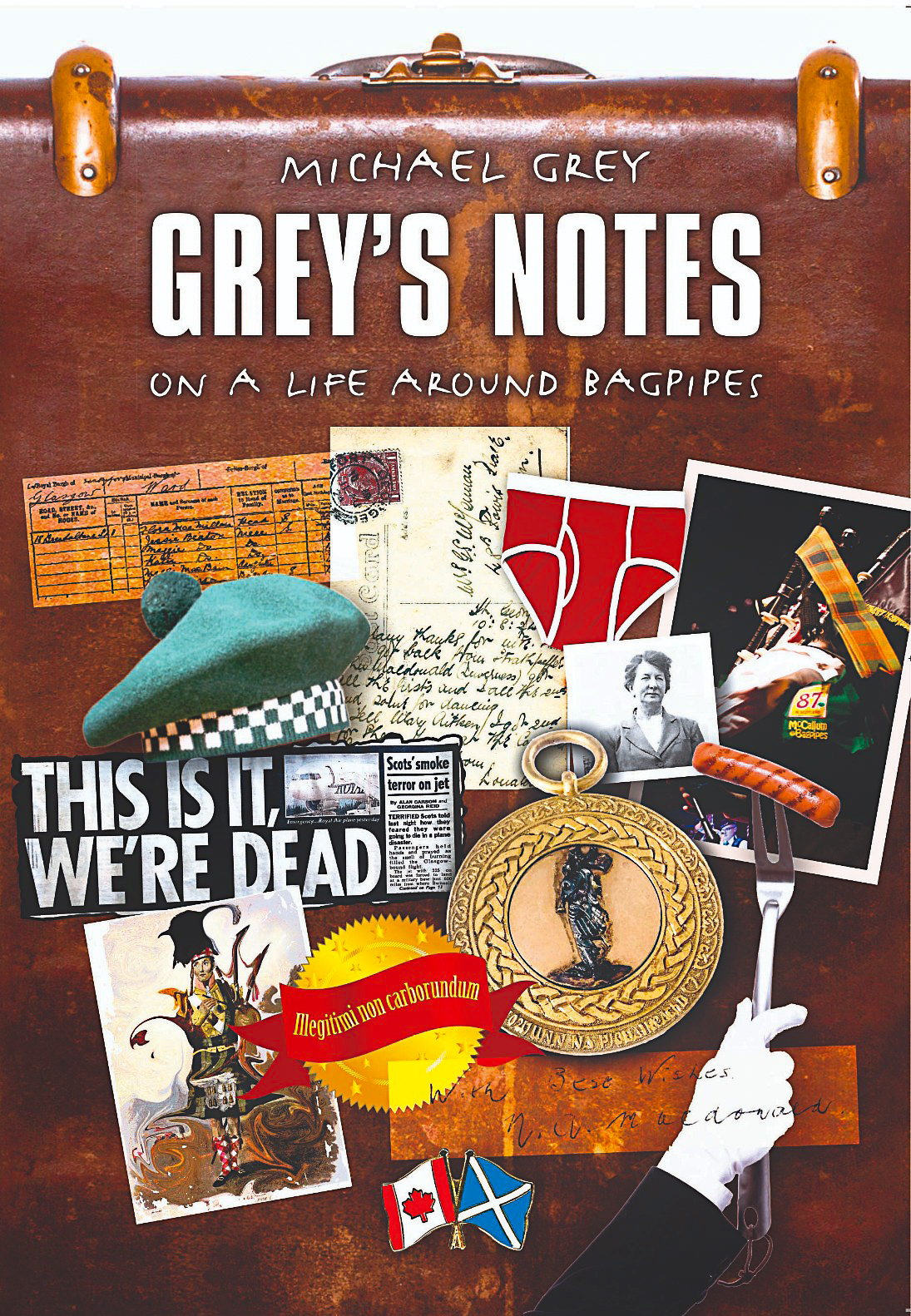Invented by pipers: Competition 2/4 Marches
March 26, 2023 on 6:49 pm by Michael Grey | In Music, Score & Sound File, Solo Piping, Stories, Video | Comments Off on Invented by pipers: Competition 2/4 MarchesHere’s a couple of tunes that number among my favourite: Inveran, made by one of the greatest pipers – dare I say musician – to ever live, George Stewart McLennan and Millbank Cottage by William Dumbreck, a man who held the title of Pipe Major in two regiments: The Black Watch and The Royal Scots.
This style of tune – intricate and heavily embellished with many technical figures – is a branch of pipe music that we can safely say was invented by pipers. Pipers love strathspeys but we know they were born of the fiddle. Jigs? Who knows but they likely sprung from any number of fiddlers, whistle-players and nimble singers of puirt à beul.
The 2/4 competition march, in my experience, is a branch of music taken with great seriousness by the connoisseur of piping. The big music, piobaireachd, yes – all hail. Like a big bowl of clay, maybe, the “competition march” is something that can be twisted and turned into many shapes. There is no one set “style” in the approach to the competition march. Sure. Some might think there is. They’d be wrong. Tempo, notes held – or not – and the treatment, especially, of short notes, can make the piper’s 2/4 time competition march a lightening rod of lively – “lively” – conversation. Notable, too, that fiddlers and accordion players have embraced the piper’s invention.
As you know, Inveran was made by G S McLennan; it was a tribute to the MacPhersons, innkeepers (and good people) of the Inveran Hotel, Invershin. The Inveran Hotel burned down in 1949 but the place lives on in GS’s brilliant thinking – his composition, Inveran.
In the following video I include the score from GS’s 1929 book of music. This collection ranks among the very best and in it he – naturally – includes all the pipe styling he believed was right – and the way to go. One element of GS’s approach that riled some in the piping world (as unusual an occurrence as that might be) was his preference of playing a high G grace note on the birls (low G doublings) that resolved the parts of his marches. A grace note – a 32nd note – short as can be – and, oh, the controversy. In any case, I opted not to play the G grace note here. For me, it’s just too small a point to get stuck on.
The setting of William Dumbreck’s Millbank Cottage, reputedly composed in 1887, is one from John Wilson, and found in his third book of music. I think the only material difference in John Wilson’s setting from others is the flourish on the repeat of part three.
And I’m not sure if you can have too many flourishes!
M.
PS. To read more about the Inveran Hotel, the MacPhersons, GS McLennan and life from another time, I, again, urge you to read Angus MacPherson’s, A Highlander Looks Back. You can download/read free here.
No Comments yet
Sorry, the comment form is closed at this time.
Dunaber is using WordPress customized and designed by Yoann Le Goff from A Eneb Productions.
 Entries and comments
feeds.
Valid XHTML and CSS.
Entries and comments
feeds.
Valid XHTML and CSS.


